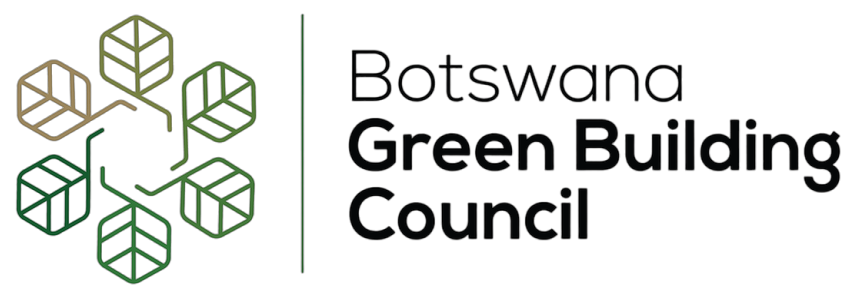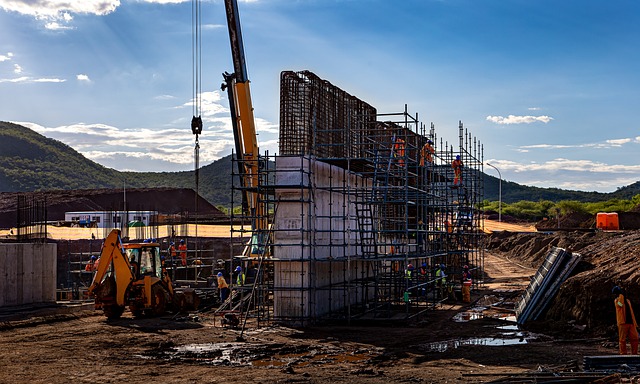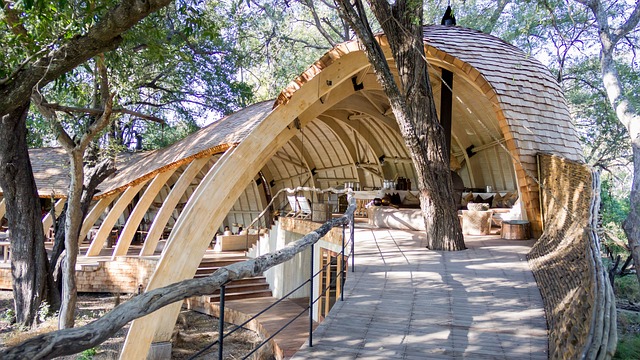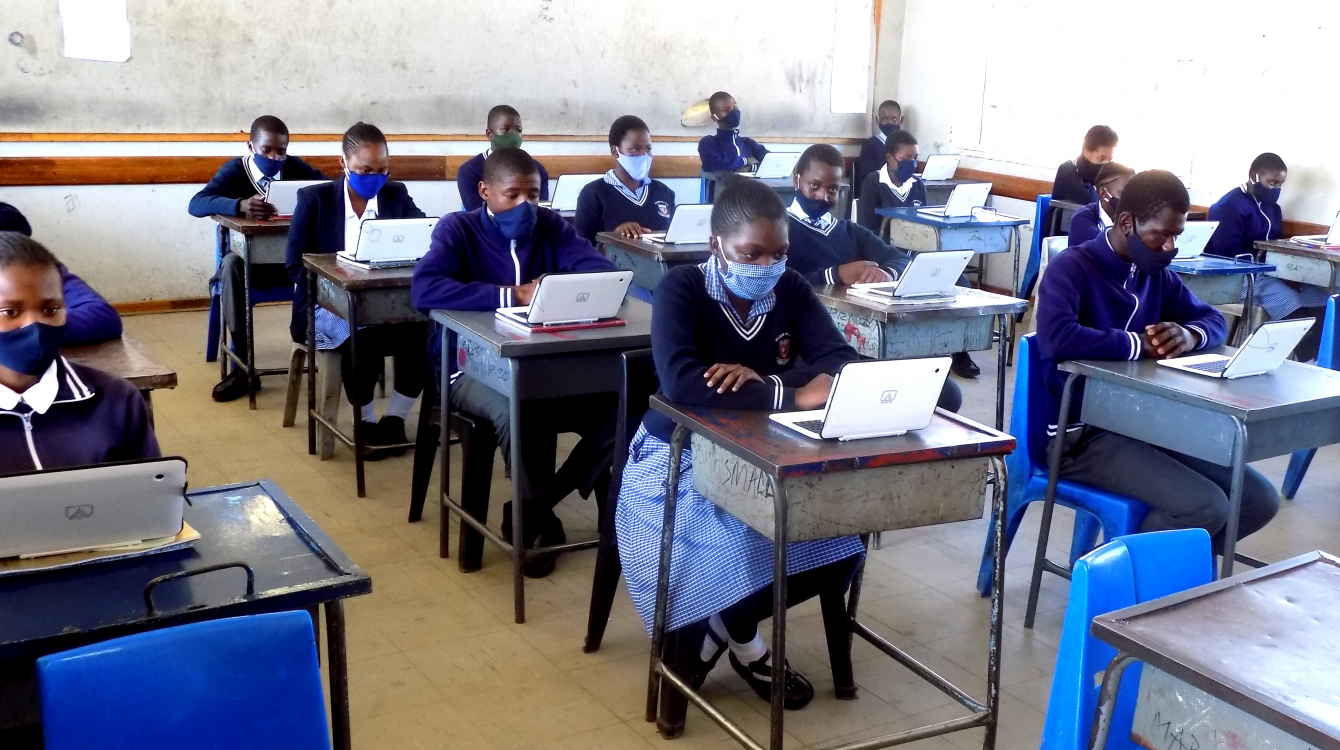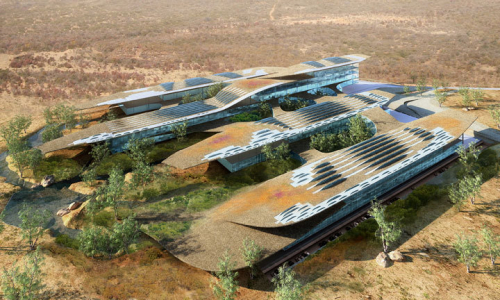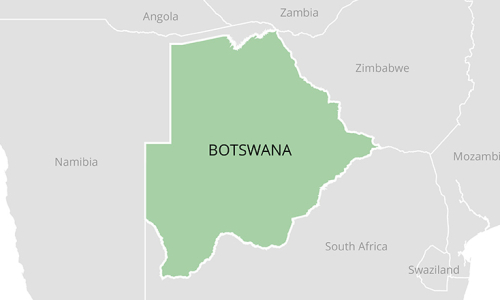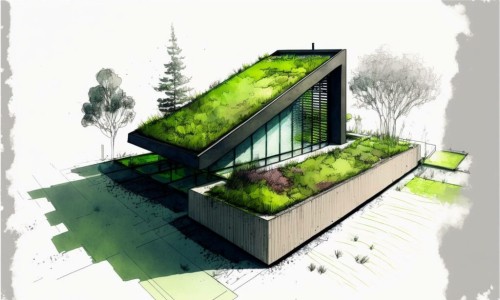Promoting Green Education: Empowering the Next Generation of Sustainable Builders
Royal Click Admin

Integrating Sustainability into the Curriculum: To create a sustainable future, it is essential to instill eco-consciousness at an early age. Schools and educational institutions in Botswana are taking significant strides by integrating sustainability into their curriculum.
From elementary to university levels, students are exposed to concepts such as renewable energy, green architecture, and environmental conservation, nurturing a generation of environmentally responsible citizens.
2. Hands-on Learning and Green Building Workshops: Theory alone is not enough to inspire young minds. Hands-on learning experiences and green building workshops play a crucial role in fostering a deeper understanding of sustainable practices. These workshops provide students with opportunities to build and experiment with eco-friendly materials, gaining practical skills and knowledge in the process.
3. Collaboration with Industry Experts: Bringing industry experts and professionals to collaborate with educational institutions enhances the learning experience. Guest lectures, mentoring programs, and industry partnerships expose students to real-world sustainable building projects and challenges, giving them a taste of what it takes to be a part of the green building sector.
4. Scholarships and Grants for Green Studies: To encourage more students to pursue careers in sustainable building and related fields, scholarships and grants specifically dedicated to green studies can play a significant role. These financial incentives not only make education more accessible but also show the importance of supporting future leaders in sustainability.
5. Youth-Led Environmental Initiatives: The youth in Botswana are driving positive change through various environmental initiatives. Green clubs and youth-led organizations focus on raising awareness about sustainability, organizing clean-up drives, and promoting eco-friendly practices within their communities. Such initiatives empower young people to take ownership of their environment and actively contribute to a greener future.
6. Incorporating Sustainable Practices in Campus Construction: Educational institutions can lead by example by implementing sustainable practices in their own construction projects. From using eco-friendly building materials to optimizing energy efficiency, these campuses become living laboratories for students to witness and experience sustainable building principles in action.
7. Engaging in Community Outreach Programs: Promoting green education is not limited to formal classrooms. Community outreach programs play a crucial role in spreading awareness about sustainable building practices. Workshops, seminars, and awareness campaigns conducted by educational institutions create a ripple effect, influencing families and communities to adopt greener lifestyles.
